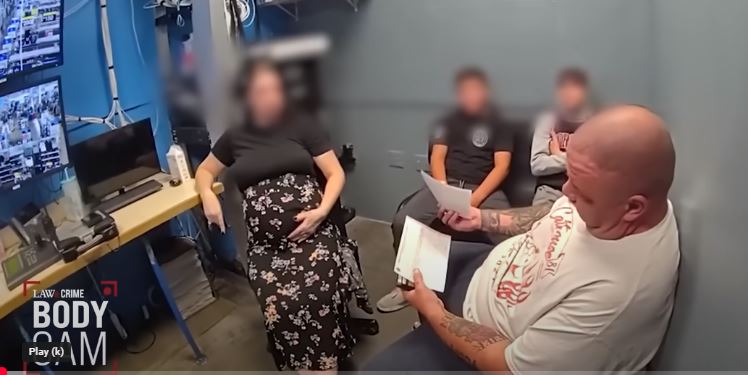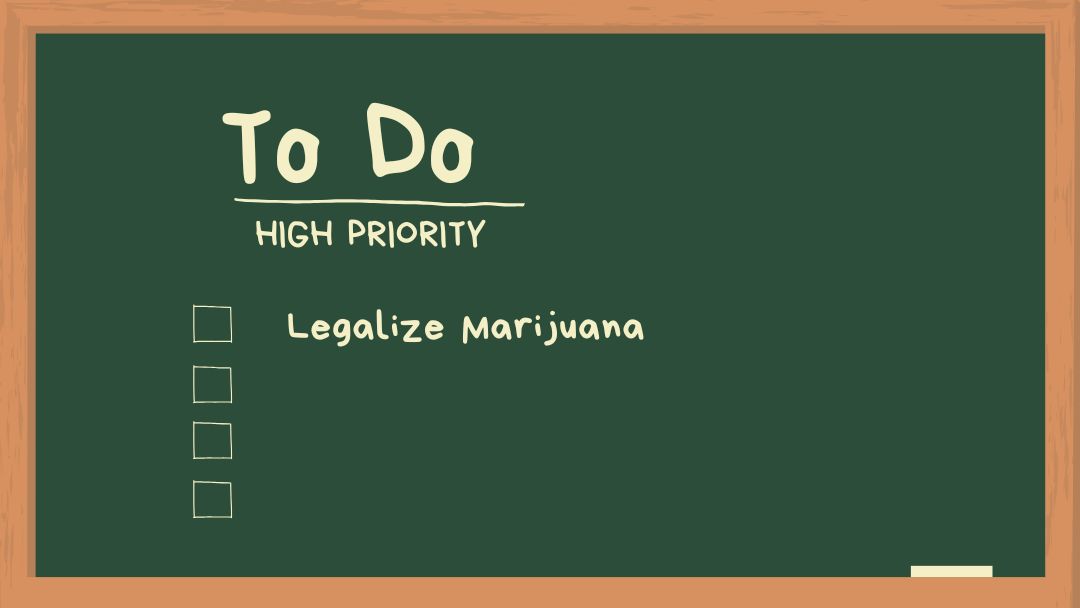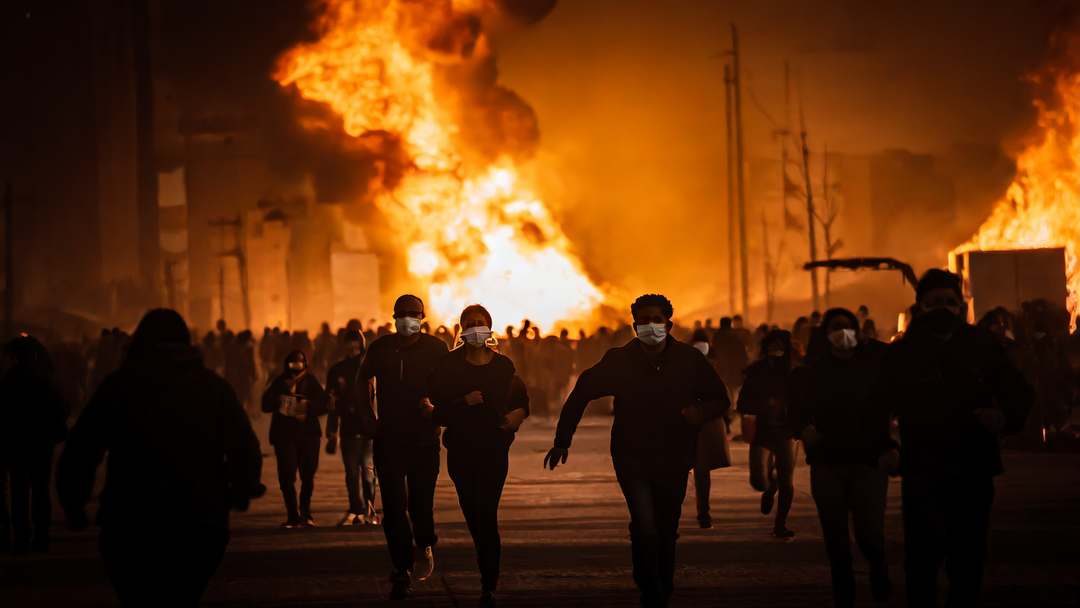Understanding Michigan’s Riot Laws and Penalties
In any society, maintaining peace and order is paramount. Michigan, like other states, has specific laws in place to address situations of public unrest and violence.
To understand the legal framework and potential consequences of riot-related activities in the state you must read the law. Also understand that the laws can be interpreted and twisted in many ways to fit the prosecutions narrative and agenda depending on who you are and what you were taking a stand for.
Note: Other charges will be piled on these charges but we are just talking about the rioting laws in Michigan here.
Michigan Compiled Laws (MCL)
Chapter 750
RIOTS AND RELATED CRIMES
Act 302 of 1968
Sec. 1.
Sec. 2.
752.542a Riot at state correctional facility.
Sec. 2a.
Sec. 3.
752.544 Violation as felony; penalty.
Sec. 4.
Sec. 5.
Sections 521 and 522 of Act No. 328 of the Public Acts of 1931, being sections 750.521 and 750.522 of the Compiled Laws of 1948, are repealed.
History: 1968, Act 302, Imd. Eff. July 1, 1968
750.521-750.522 Repealed. 1968, Act 302, Eff. July 1, 1968.
Compiler’s Notes: The repealed sections pertained to riots and unlawful assemblies; duty of officials to disperse; arrest on failure to disperse.
(Similar to qualified immunity one would guess but more likley because the purpose could be beneficial to one group and not another)
Have your rights been violated?
Have your driving priviledges been revoked?
Has your professional license been suspended?
Have you been charged with a crime?
Call our office to see if we can help
Komorn Law 248-357-2550
Index
Index and Information Source
| Document | Type | Description |
| Section 752.541 | Section | Riot. |
| Section 752.542 | Section | Inciting to riot. |
| Section 752.542a | Section | Riot at state correctional facility. |
| Section 752.543 | Section | Unlawful assembly. |
| Section 752.544 | Section | Violation as felony; penalty. |
| Section 752.545 | Section | Repeal. |
| Section 752.546 | Section | Effective date. |
More Posts

When Can Police Take Your Dash Cam?
You work hard. Now get ready to work harder to prepare to give more.In Michigan, police can take your dashcam footage in specific situations, primarily when they believe it could serve as evidence in a criminal investigation. Michigan law permits officers to seize...

People who are going to need a Lawyer – November 12, 2024
People who are going to need a LawyerMan so drunk field sobriety tests were ‘too dangerous’ sentenced to life in prison for repeated DWI convictions‘Several terabytes’: Diddy prosecutors shed light on ‘voluminous’ discovery, including iCloud accounts and dozens of...

Cambridge Analytica data breach comes before court
Oral arguments in Facebook v. Amalgamated Bank will beginThe justices are set to review securities law as they hear arguments in a significant case linked to the 2015 data breach involving Cambridge Analytica and Facebook. The tech giant’s effort to fend off federal...

Search and Seizure – Consent or Plain view
The Fourth Amendment was established to protect individuals from unreasonable searches and seizures, yet there are exceptions.In Michigan, understanding the concepts of search and seizure, particularly regarding consent and plain view, is crucial for both law...

A drunk driving investigation, a car wreck and a blood draw
A Case Summary: People v. Blake Anthony-William BartonOn October 11, 2024, the Michigan Court of Appeals issued a decision in the case People of the State of Michigan v. Blake Anthony-William Barton. The case involved a drunk driving investigation following a car...

Police say they can tell if you are too high to drive
Police say they can tell if you are too high to drive. Critics call it ‘utter nonsense’Haley Butler-Moore sped up to pass a semi on the highway when she suddenly saw the police lights. She’d left Albuquerque hours earlier, heading to a Halloween party in Denver. Tired...

Cannabis – The Rise and Fall and Trail of Survivors Pile Up
Thieves make off with 1,000 pounds of premium flower in cannabis from a corporate grower in Michigan. Then, the GM sells off 650+ pounds to pay employees.The recent theft of over 1,000 pounds of marijuana from 305 Farms, a corporate cannabis grower in West Michigan,...

If you have an LLC you must comply or face fines and possible prison
You work hard. Now get ready to work harder to prepare to give more.If you own or are a member of an LLC.You have a deadline of January 1, 2025Call us we can take care of it for you. 248-357-2550The new Beneficial Ownership Reporting requirements for LLCs and other...

Compounding Charges Laws in Michigan
Understanding Compounding Charges Laws in Michigan Compounding charges refer to the illegal act of accepting or agreeing to accept a benefit in exchange for not prosecuting a crime. In Michigan, this is considered a serious offense, and the law specifically prohibits...

Harris unveils new proposals targeting black men with cannabis legalization
"Harris unveils new proposals targeting Black men as she looks to shore up Democratic coalition" CNNAmid the ongoing national issues, Vice President Kamala Harris introduced new initiatives on Monday aimed at addressing the needs of Black men as she works to bolster...











